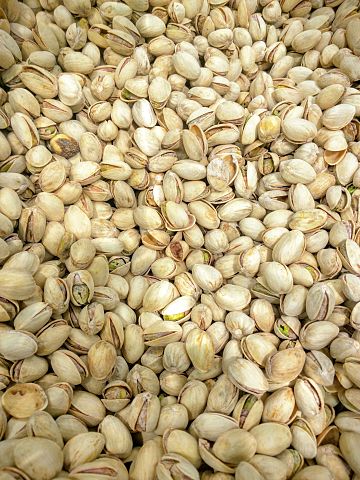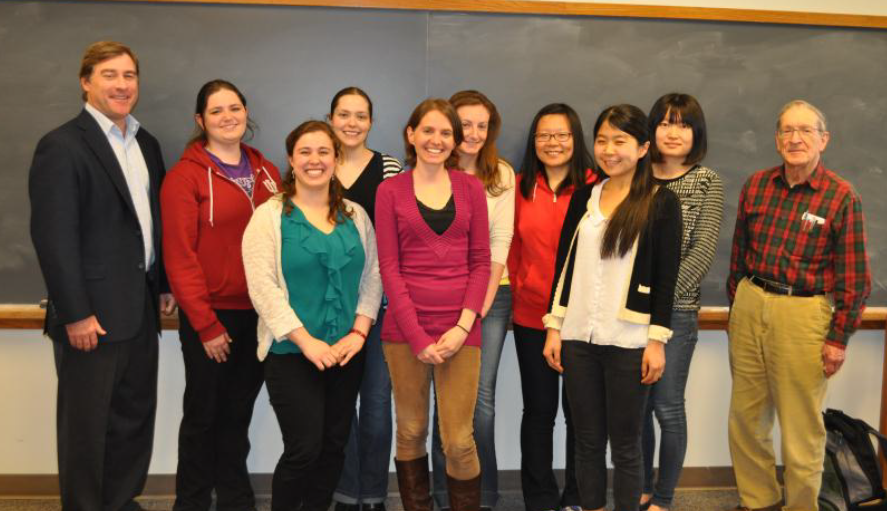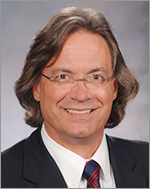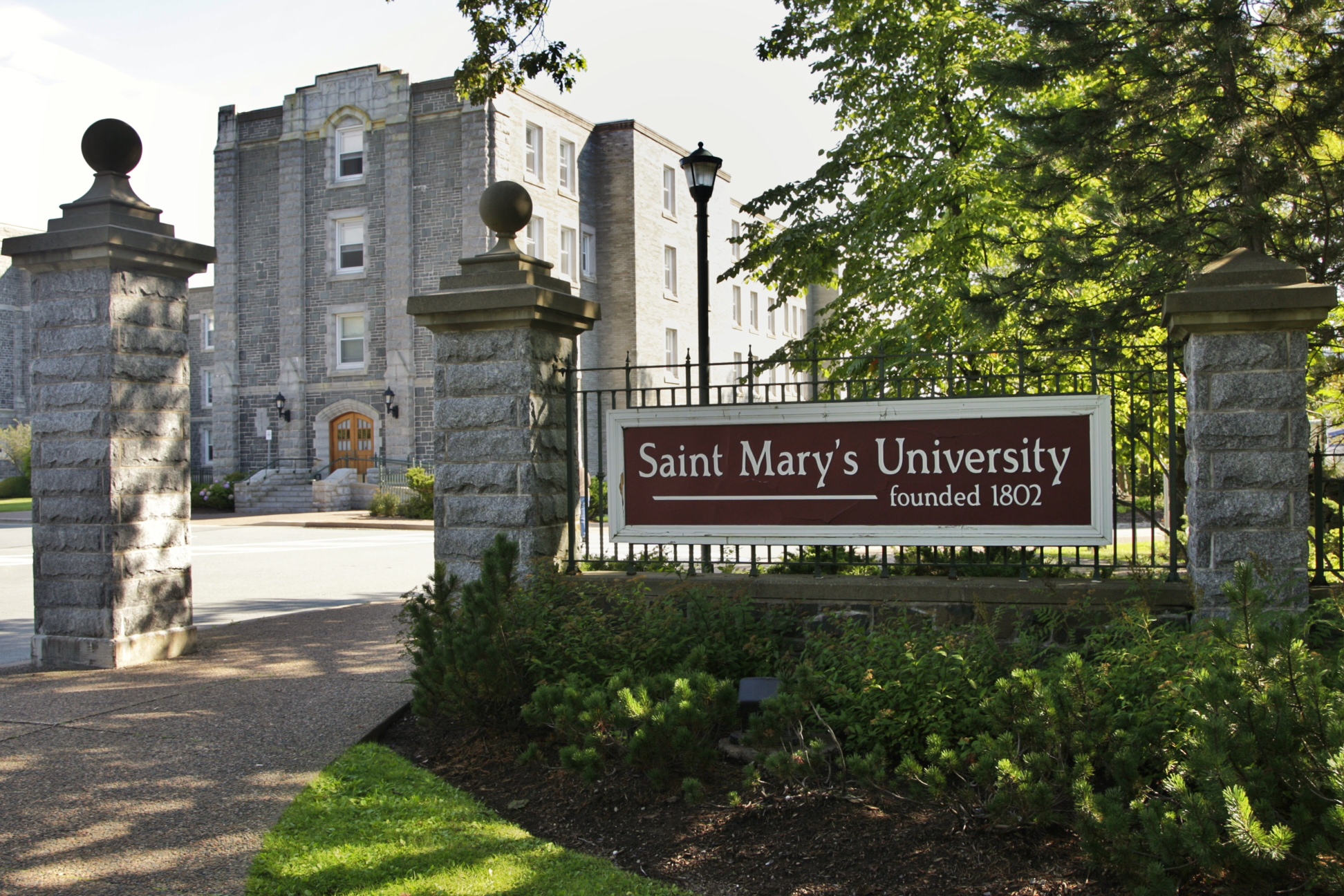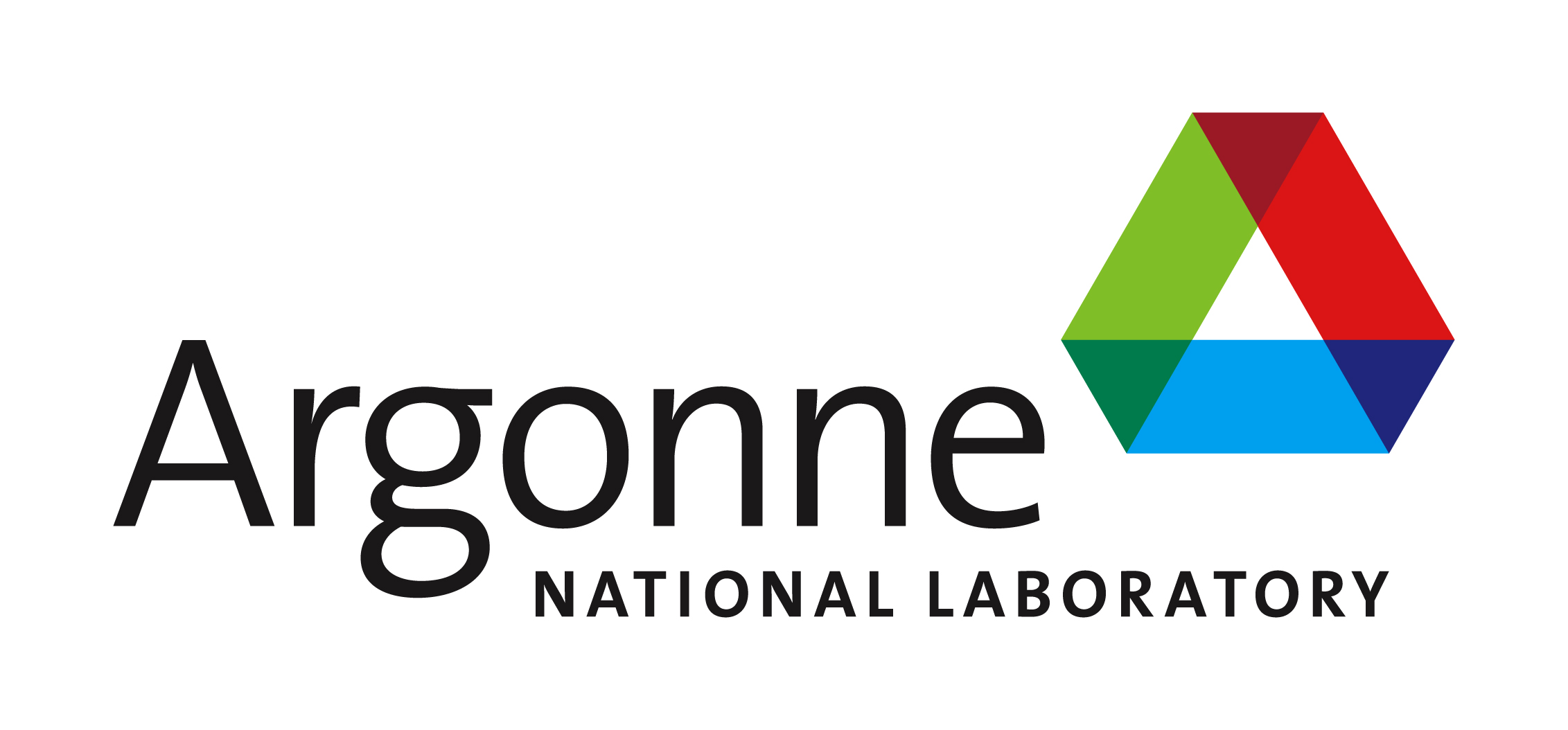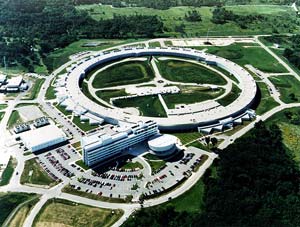Deadline for Submitting Abstracts
April 15, 2016
Submit today!
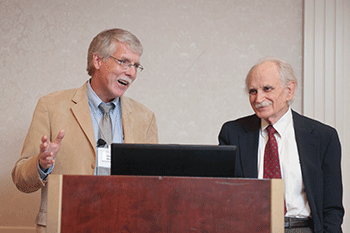
Henry White (left) and Allen J. Bard (right) during the Allen J. Bard Award session during the 227th ECS Meeting.
Topic Close-up #8
SYMPOSIUM C06: Metallic, Organic and Composite Coatings for Corrosion Protection
FOCUSED ON all aspects of corrosion protection by coatings. Coating systems of interest include organic coatings, organic-inorganic hybrid coatings, corrosion protective compounds to be used in organic coatings, novel pretreatments, and metallic coatings, such as novel galvanic zinc alloy coatings and novel coatings applied by PVD or CVD processes. A special focus is on smart coatings and coatings capable of self-repair or self–healing. Also advanced characterization techniques and new approaches for accelerated corrosion testing of coatings will be covered.
FEATURING a number of outstanding invited speakers from industry and academia and in expectation of many high level contributions from all over the world, this symposium will provide an excellent platform for intense scientific discourse on cutting edge research in the field of coatings. Learn about all the topics!
(MORE: See a full list of topic close-ups.)


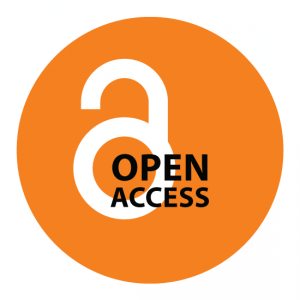 It’s always questionable to blog about something that is gaining attention because it’s illegal, but that’s the case with the latest crop of articles about open access in popular media. While the scientific community has been debating the merits of open access for a while now, the business behind scientific publishing is getting a lot more attention lately because of Alexandra Elbakyan, a graduate student from Kazakhstan who has hacked into hundreds of scholarly journals.
It’s always questionable to blog about something that is gaining attention because it’s illegal, but that’s the case with the latest crop of articles about open access in popular media. While the scientific community has been debating the merits of open access for a while now, the business behind scientific publishing is getting a lot more attention lately because of Alexandra Elbakyan, a graduate student from Kazakhstan who has hacked into hundreds of scholarly journals.